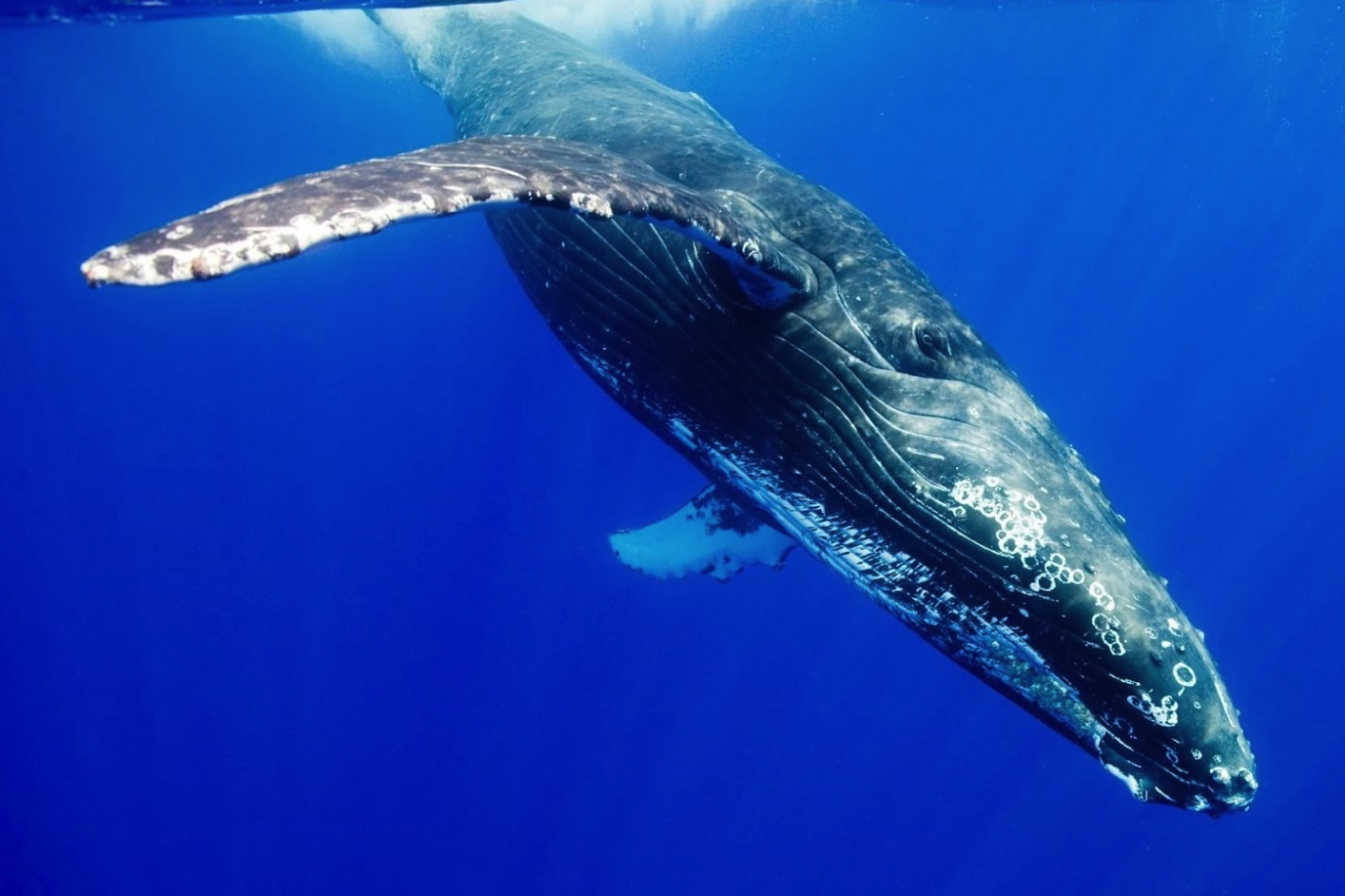Two new studies show that the use of military sonar can provoke whales to flee, providing evidence that the naval operations may be a factor in mass strandings of whales and dolphins worldwide. According to one study,  most marine mammal strandings related to naval sonar exercises involve beaked whales, a notoriously shy species that responds to noise levels well below those used by the U.S. Navy. Scientists believe the beaked whales may interpret the sonar noises as the sounds of killer whales. A separate study found that even mid-frequency sonar affected the behavior of blue whales, the largest animals on earth, especially during feeding. After exposing tagged blue whales to simulated military sonar and other mid-frequency sounds, the animals often ceased feeding, increased swimming speeds, and traveled away from the sound. “Noise pollution threatens vulnerable populations, driving them away from areas important to their survival, and at worst injuring or even causing the deaths of some whales and dolphins,” Sarah Dolman of the non-profit group Whale and Dolphin Conservation told the Guardian.
most marine mammal strandings related to naval sonar exercises involve beaked whales, a notoriously shy species that responds to noise levels well below those used by the U.S. Navy. Scientists believe the beaked whales may interpret the sonar noises as the sounds of killer whales. A separate study found that even mid-frequency sonar affected the behavior of blue whales, the largest animals on earth, especially during feeding. After exposing tagged blue whales to simulated military sonar and other mid-frequency sounds, the animals often ceased feeding, increased swimming speeds, and traveled away from the sound. “Noise pollution threatens vulnerable populations, driving them away from areas important to their survival, and at worst injuring or even causing the deaths of some whales and dolphins,” Sarah Dolman of the non-profit group Whale and Dolphin Conservation told the Guardian.

Wikimedia Commons
A blue whale